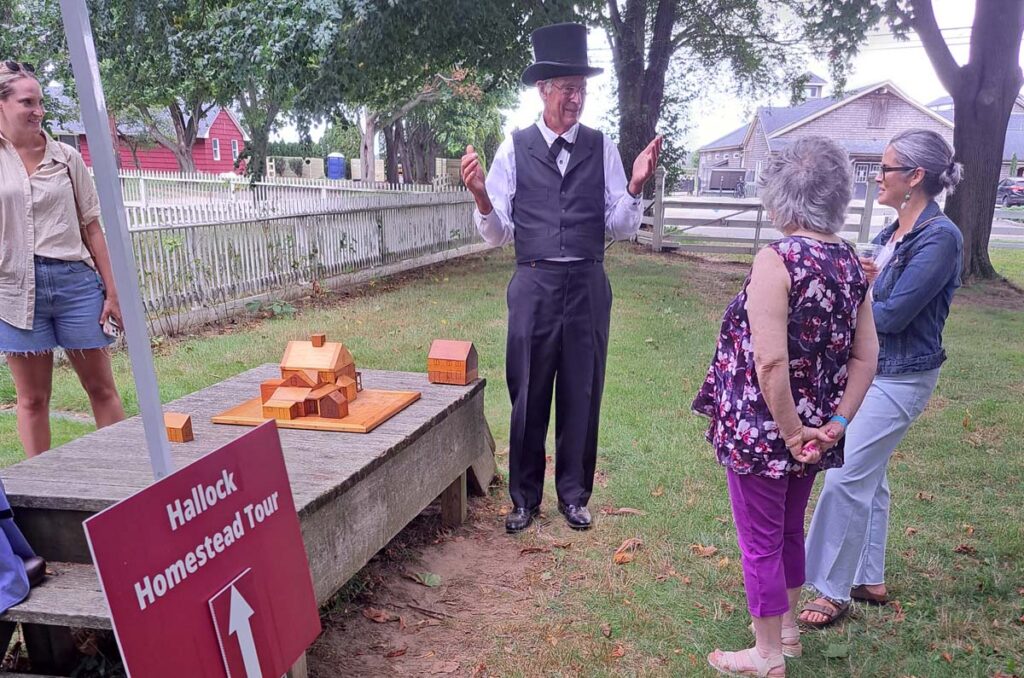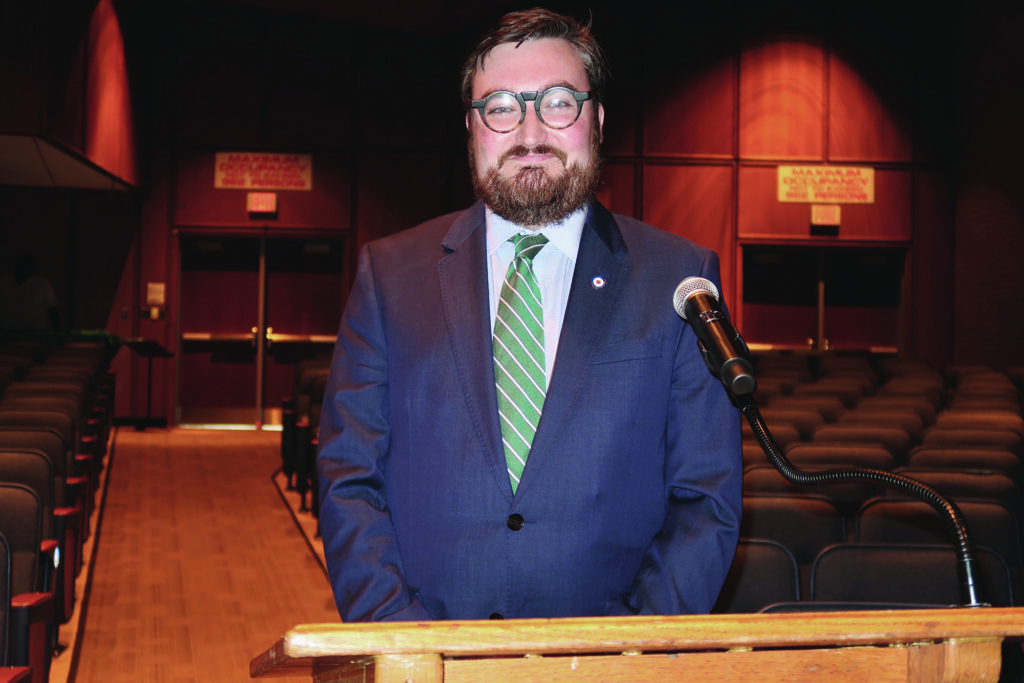Town Board to seek public input as they weigh decision on whether to opt out of marijuana sales

Riverhead Town officials plan to seek public input before making any decision on whether to opt out of allowing marijuana sales and forfeiting its 4% tax revenue following the recent state legislation to legalize the drug.
Town Board members discussed the legislation at Thursday’s work session and appeared in no hurry to make a decision since they have until the end of the year to decide. Opting out would specifically limit retail sales and on-site consumption and would not limit someone’s ability to grow marijuana at their home under the legal limits set by the legislation. If a town does not opt out by that deadline, it is automatically considered as an opt-in. The town can decide to opt out and then reverse the decision at any point after the Dec. 31 deadline, officials said.
“This will be a very long process,” Supervisor Yvette Aguiar said.
Officials expect to set a public hearing on the issue in the future as well as bring together stakeholders in the town to further discuss it at a future work session.
Board members raised concerns related to law enforcement’s ability to detect whether someone is driving under the influence of marijuana and also discussed how to limit locations where marijuana could be sold, such as near schools or churches and the effect it will have on those under the age of 21, for whom the drug remains illegal. Ms. Aguiar also raised concerns about the potential for new buildings popping up throughout the town for large-scale marijuana growing since the soil on the East End is not conducive to growing the plant.
“I don’t want to see our town lose its bucolic look and that’s a concern that myself and my counterpart Scott Russell from Southold have shared,” she said. “We don’t want to see these cinderblock buildings across our farms.”
The legislation allows individuals to have three mature and three immature marijuana plants per person, or a maximum of six mature and six immature per residence. The town cannot change that. To opt out of the sales, the town must pass a local law by that Dec. 31 deadline.
Board members noted that if neighboring towns do not opt out, Riverhead would be missing out on potential tax revenue.
“I’m concerned that when it comes to dispensaries and retail shops selling marijuana that we know other towns are going to do it around us,” Councilman Tim Hubbard said. “There’s going to be tax money coming out of that. It’s something I think we have to look at as a town and say ‘Do we want people driving through Riverhead to buy marijuana in say, Southold or over in Southampton and we miss an opportunity for good tax money to come into the town?’ “
Assemblywoman Jodi Giglio (R-Riverhead) attended the work session and said the Suffolk County Police Department has nine drug recognition experts and Southampton Town police have one. She said it’s a three-week training program, broken into two parts, to become certified. She said the state plans to fund some of the training for local departments.
“I asked for it to be done sooner than later before the bill is adopted or people decide to opt in or opt out so that our officers are ready to recognize anyone who may be under the influence on the side of the road,” the former Riverhead councilwoman said.
She also noted that the smell of marijuana is no longer probable cause for an officer to search a vehicle and that police K-9s are no longer trained to smell marijuana. Any K-9 in the field that had been trained to smell marijuana would have to be decommissioned, since they can’t be trained to no longer smell it, she said.
Deputy town attorney Anne Marie Prudenti provided an outline of the legal aspects of the legislation and called the law “extensive.”
“There are a lot of moving parts,” she said.
She added that there is “slight room” for the town to add regulations and enforcement regulations.
“But the law makes it absolutely clear that none of those laws that you put in place can have an effect that prohibits what is permitted under those provisions in the law,” she said.
Mr. Hubbard asked if the number of dispensaries could be limited and Ms. Prudenti said she’s confident the law would allow for that. Ms. Giglio also said local legislation could regulate hours of operation and location of dispensaries.
Councilman Frank Beyrodt said an issue discussed at Riverhead Chamber of Commerce meeting Thursday morning was whether the tax revenue would be specifically earmarked for uses as set by the state.
“If it is, that’s something we’re going to have to consider very keenly,” he said. “But this is just the opportunity to open the discussion. I do see both sides of the picture.”








